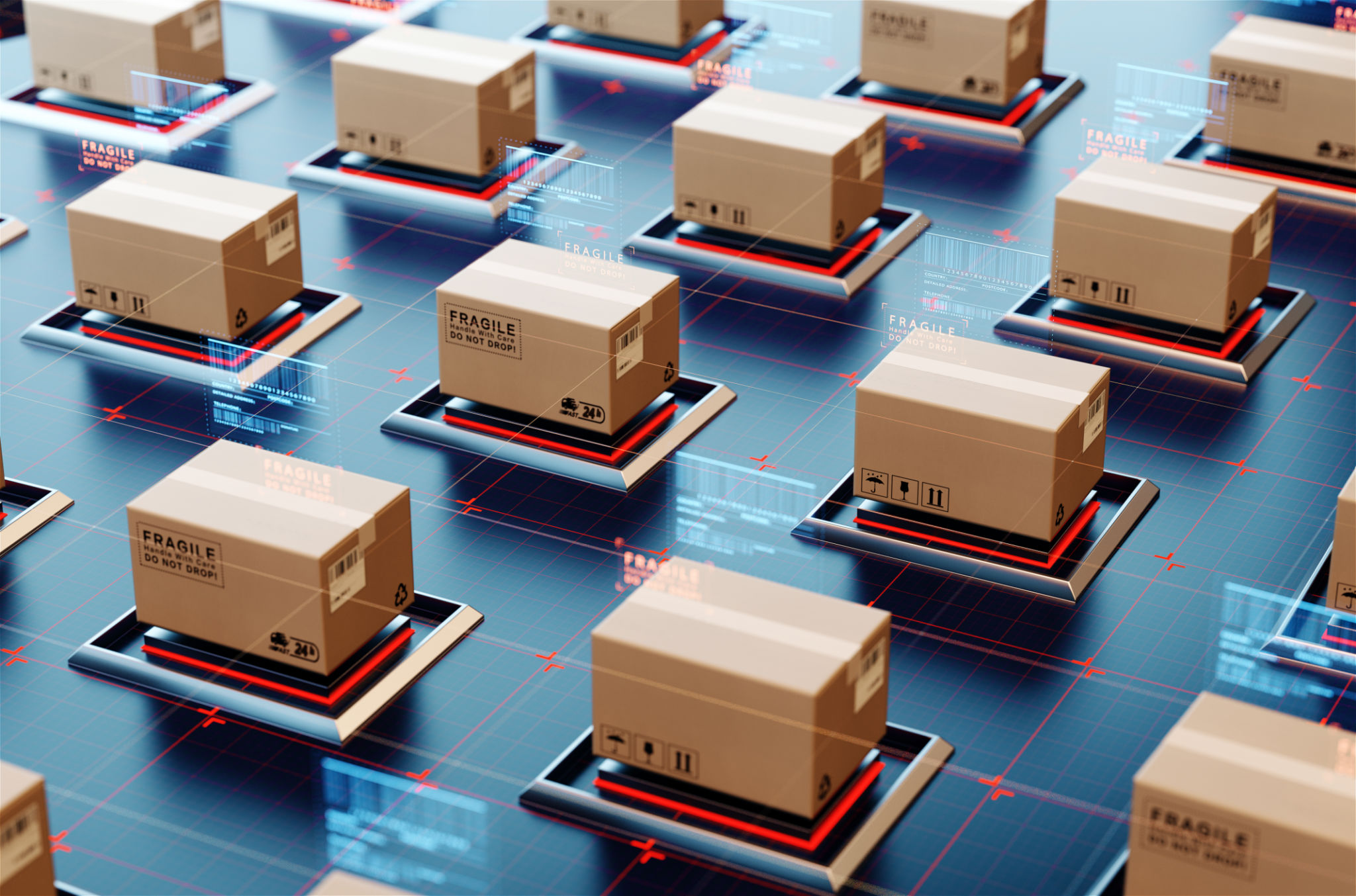The Future of Digitalization in Logistics: Key Trends and Insights
In recent years, the logistics industry has seen a profound transformation driven by digitalization. As technology continues to evolve, logistics companies are increasingly adopting innovative solutions to enhance efficiency and customer satisfaction. This blog post explores the key trends and insights shaping the future of digitalization in logistics.
Enhanced Supply Chain Visibility
Supply chain visibility is becoming more crucial than ever. With digital tools like IoT devices and advanced tracking systems, logistics companies can now monitor shipments in real-time. This enhanced visibility allows for better decision-making and improved response times to potential disruptions.

Moreover, integrating these technologies into existing systems provides a seamless flow of information across the supply chain. The result is a more proactive approach to logistics management, where potential issues can be addressed before they escalate.
Automation and Robotics
Automation is revolutionizing the logistics sector, with robotics playing a pivotal role. From automated warehouses to robotic sorting systems, these technologies are optimizing operations by reducing human error and increasing throughput.
Logistics companies are investing in automated guided vehicles (AGVs) and drones for faster and more efficient delivery processes. This trend is expected to continue, with advancements in AI and machine learning further enhancing automation capabilities.

Sustainability through Digitalization
As environmental concerns grow, sustainability has become a key focus area. Digitalization offers solutions that enable logistics companies to reduce their carbon footprint. For instance, route optimization software minimizes fuel consumption by identifying the most efficient delivery paths.
Additionally, digital platforms facilitate better inventory management, reducing waste and promoting sustainable practices across the supply chain. The integration of green technologies into logistics operations is not just a trend but a necessary evolution.

Data Analytics and Predictive Insights
The power of data analytics cannot be overstated in the logistics industry. By leveraging big data, companies can gain valuable insights into customer behavior, demand forecasting, and operational efficiencies. Predictive analytics helps in anticipating market trends and making informed strategic decisions.
Furthermore, data-driven insights enable logistics providers to offer personalized services, enhancing customer experience and satisfaction. This shift towards a data-centric approach is setting new standards in logistics operations.
The Rise of Blockchain Technology
Blockchain technology is poised to disrupt logistics by providing a secure and transparent platform for transactions and record-keeping. Its decentralized nature ensures that all stakeholders have access to real-time information, reducing fraud and enhancing trust.

The adoption of blockchain can streamline processes like contract management and payment settlements, ultimately leading to cost savings and improved efficiency in the logistics sector.
Conclusion
The future of digitalization in logistics holds immense potential for innovation and growth. By embracing these key trends, logistics companies can enhance operational efficiencies, reduce costs, and provide superior customer service. As technology continues to evolve, staying ahead of the curve will be crucial for success in this rapidly changing landscape.